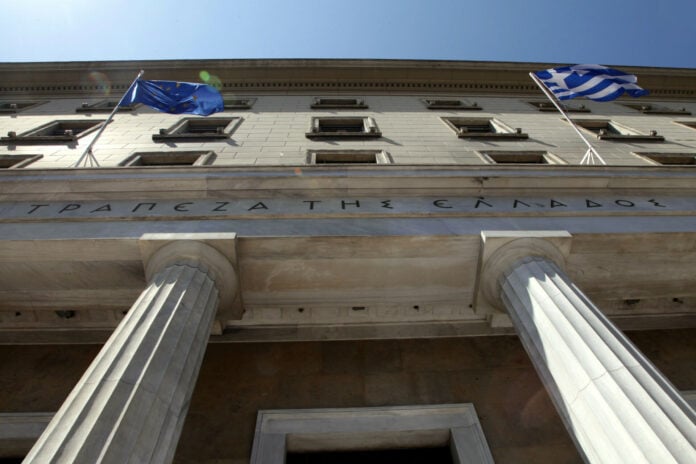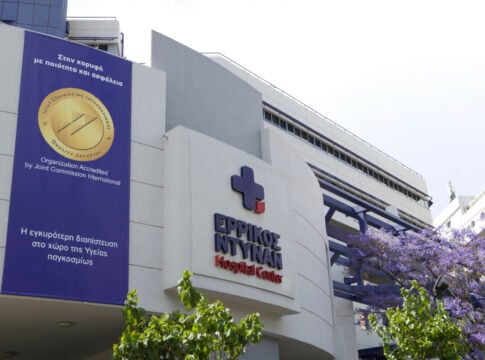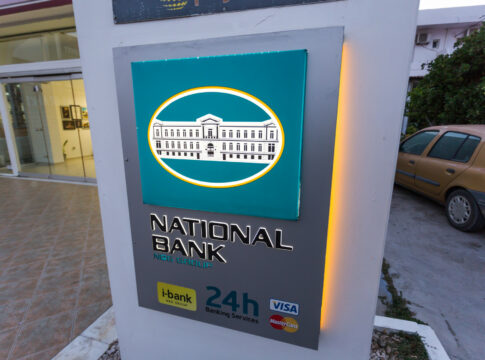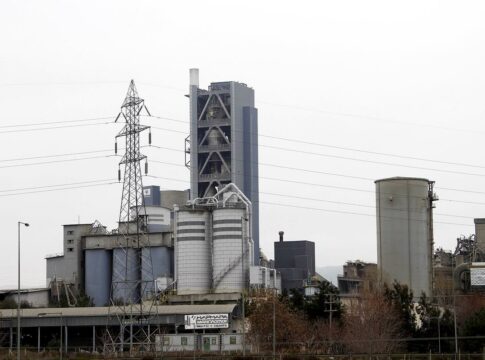Negative credit expansion, as a result of the strict ECB monetary policy in an attempt to tame inflation in the eurozone, sounds the alarm on the economy, society and banks.
According to “Naftemporiki” exclusive information, private and corporate lending remained negative in September, ending the third quarter of the year with a negative sign.
Bank of Greece announced on Wednesday negative data on the loans granted in August. Credit institutions are under strong pressure as new loans are required for banks that seek to stimulate loan portfolios and increase revenues while the threat of new bad loans at current interest rates is now real.
The monthly net flow of total financing in August was negative by 566 million euros compared to a negative net flow of 1,157 million euros in July, according to data from the Bank of Greece, while September, despite the efforts of credit institutions, does not seem to have the expected results.
The efforts of banks, government and businesses are focused on:
On the part of the banks, they are trying to give as many loans as possible through RRF and other subsidized tools so that they have a decent performance at the end of the quarter, since credit expansion is an important factor that foreign investors always take into consideration.
Meanwhile, the government is trying to strengthen competition with companies that will be able to finance individuals and businesses. At the same time, it attempts to support financing through development tools.
As far as businesses are concerned, they seem – at least those who can – to see the solution of listing on the stock exchange as a more economical solution than bank lending.
However, the problem remains and is threatening both the GDP growth rate and the banks themselves.















